
CPAP (Continuous Positive Airway Pressure) guarantees a good night sleep for people suffering from obstructive and central sleep apnea. As people with sleep disorders encounter interruptions in breathing frequently, the CPAP machine typically provides continuous airflow through the nose and mouth to keep the airway open.
It protects against potentially fatal effects caused by apnea, including excessive blood pressure, stroke, heart disease, and others. However, the sleep apnea machine sucks humidity in the oral cavity, causing dryness in the mouth at times. It is called CPAP dry mouth.
Here, our dentists go into great detail about it. Read on.
How do CPAP machines cause dry mouth?
As the CPAP machines are designed to deliver a non-stop flow of air into the mouth, such continuously flowing air leads to dry mouth for some people. Likely, dry mouth in CPAP users is caused by several causes that are listed below:
- Mask leaks – The CPAP users should wear the mask provided with the apnea machine while sleeping. The mask is designed to cover the users’ mouths and noses during the air supply. When a user wears a mask incorrectly, either because it is too loose or too tight, air begins to leak. It implies that the user does not benefit from the CPAP equipment and has a dry mouth condition.
- Mouth breathing – Mouth breathers are at high of developing dryness in their mouths. The air we breathe via our noses is made more humid through the nasal passage. In contrast, the inhaling air flows directly into the lungs for mouth breathers. The mouth is exposed to dry air when breathing happens without moisturizing the air. Right? It occurs even at the time when air is pumping from CPAP machines.
- Decreased saliva flow – Saliva is responsible for keeping moisture inside our mouths. If the CPAP pressure is too high, it obstructs salivary flow, due to which xerostomia (dry mouth) occurs.
Aside from the mishaps in CPAP machines, certain external factors also contribute to CPAP dry mouth.
For instance, dry mouth is a side effect of health impairments like diabetes, salivary gland problems. Moreover, medications taken for some chronic illnesses also induce mouth dryness. To find the medicaments that best suit your needs, consult your doctor.
How to stop CPAP dry mouth?
Luckily, this problem can be addressed with little adjustments in the CPAP machine and some practices. Here are a few:
1) Use full-face CPAP mask
It is a triangular mask that can cover your face and nose perfectly. It is the right choice to prevent CPAP dry mouth in people who breathe through their mouths instead of their noses.
2) Get professional support to adjust CPAP pressure
The air pressure adjustment in the CPAP machine is made with a process called titration. If you notice discomfort in using sleep apnea machines frequently, it might be a symptom of adjusting the pressure in the sleep apnea machine. In such cases, contact your dentist. It is because professionals should do air pressure calibration on CPAP machines.
Depending on your unique needs, your dental doctor takes care of pressure calibration. Therefore, it is not recommended that you do it yourself.
3) Make sure the CPAP airflow is moist
Moisturizing the air pumping from the sleep apnea machine is the best way to beat CPAP dry mouth. Nowadays, many CPAP machines have built-in humidifiers to moisten the air. Extra humidification is required in some circumstances.
There are various types of humidifiers available to accomplish this, including the following:
- Cold Passover Humidifiers
- Heated tubing
- Room Humidifiers
- Inline heat moisture exchange humidifiers
4) Prevent nasal Congestion
Nasal Congestion, also known as stuffy nose, occurs when the tissues in nasal passages become inflamed with a fluid. It blocks the airway pressure and forces the sufferer to breathe through their mouth. Hence we advise CPAP users to do their best to prevent nasal Congestion.
Bottom line
CPAP therapy is the most popular treatment for sleep apnea. It effectively avoids the adverse effects of sleep disorders and ensures a good night’s sleep. Meanwhile, it causes dryness in the mouth due to specific reasons. Fortunately, this problem can be tackled by fixing equipment issues, staying hydrated, etc.
Remember that you must get dental support while attempting to address equipment problems.

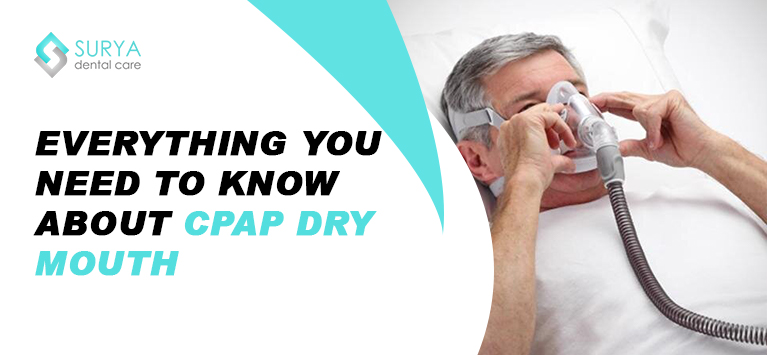

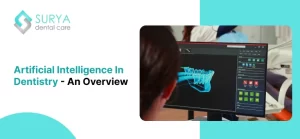
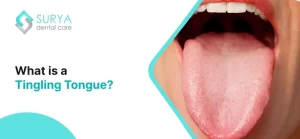
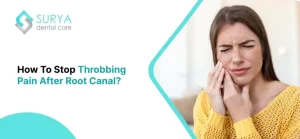
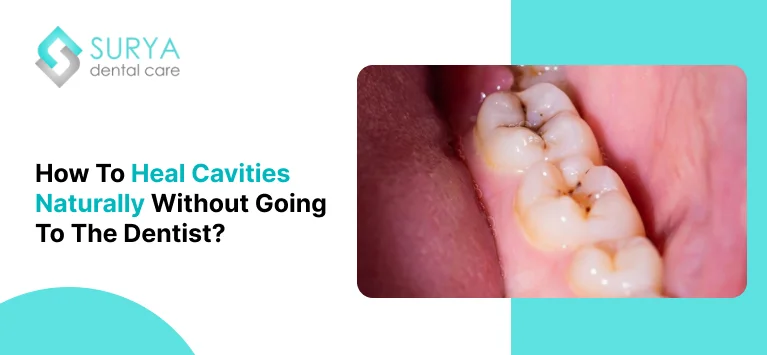
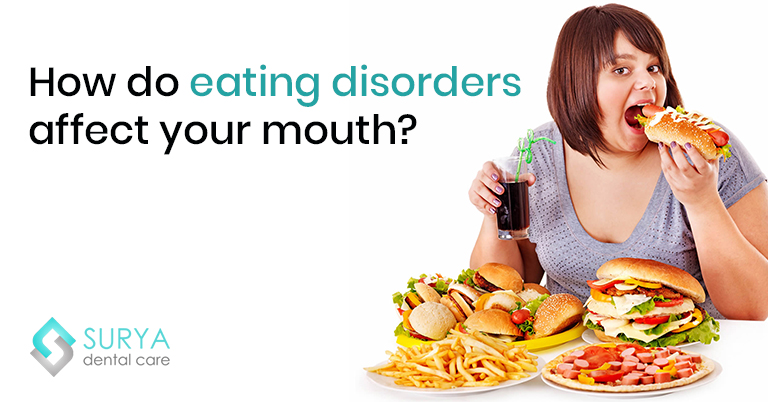
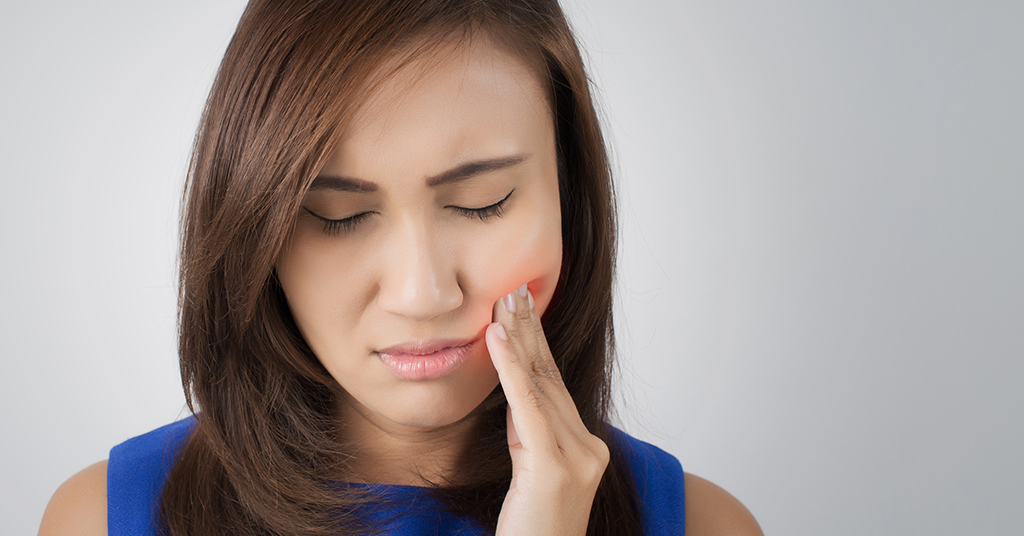
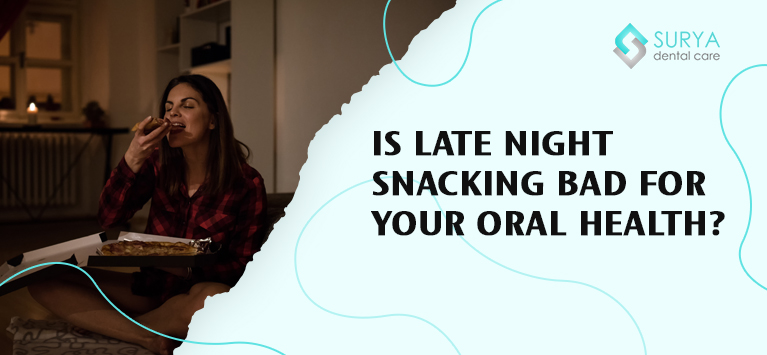
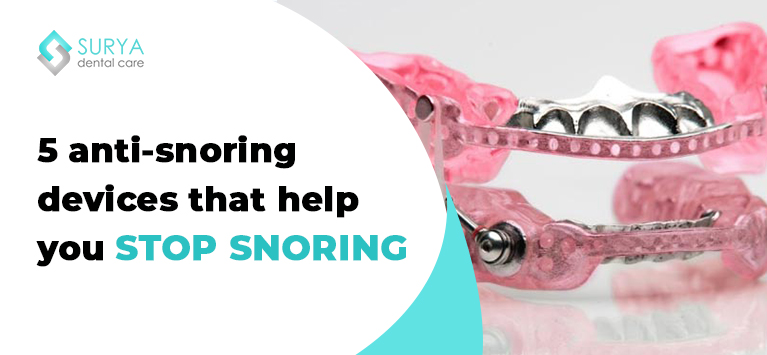
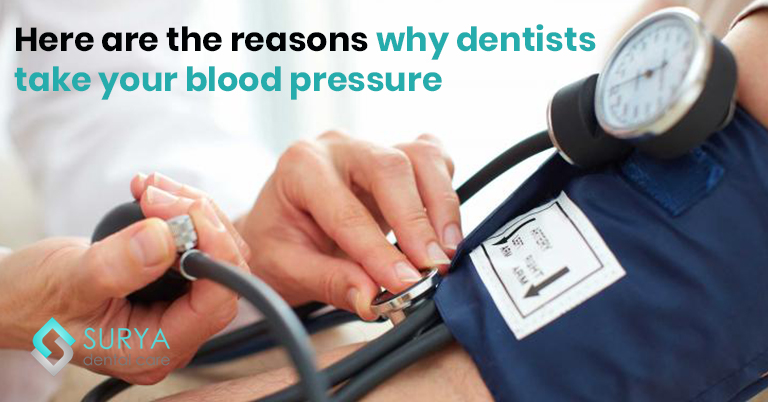
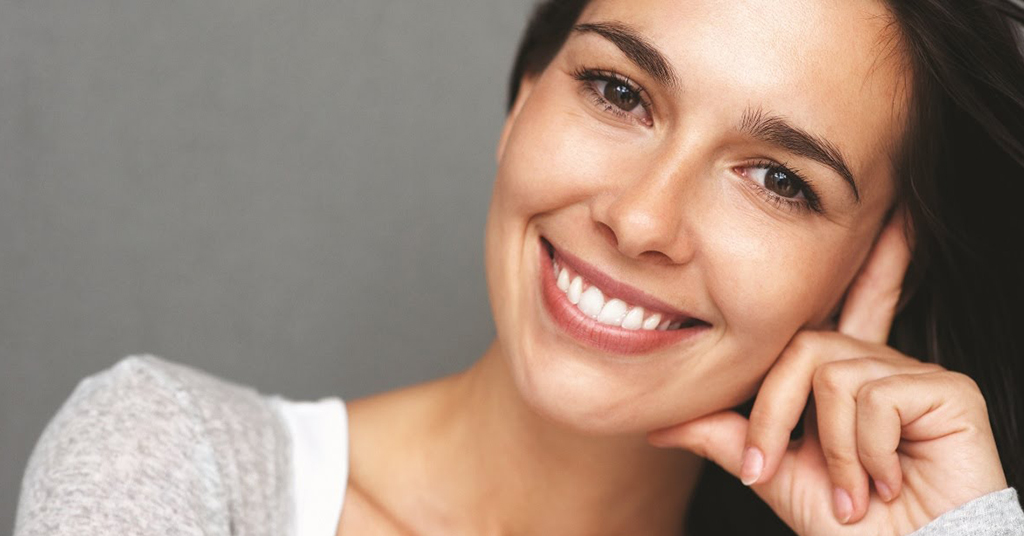
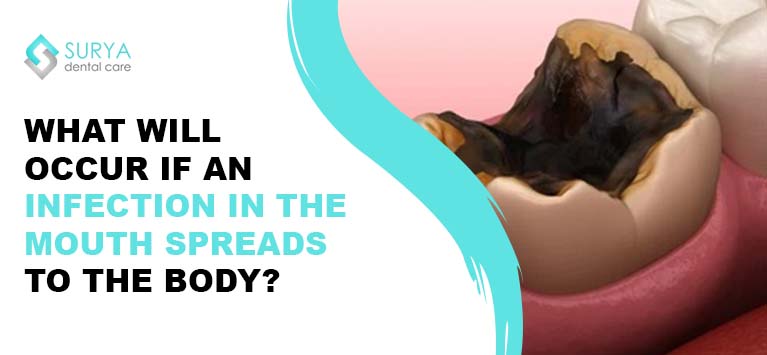

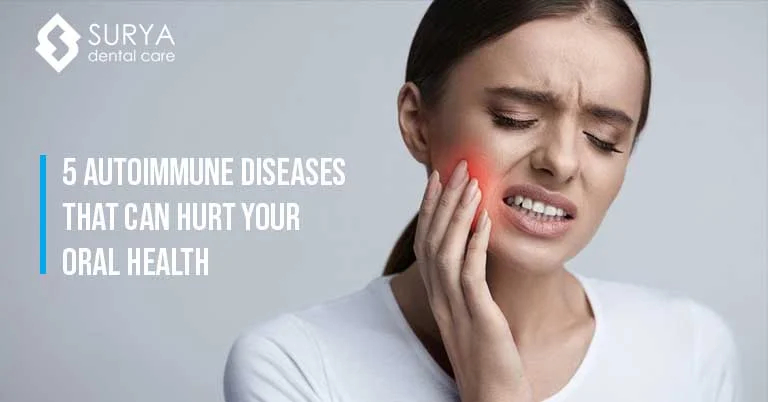
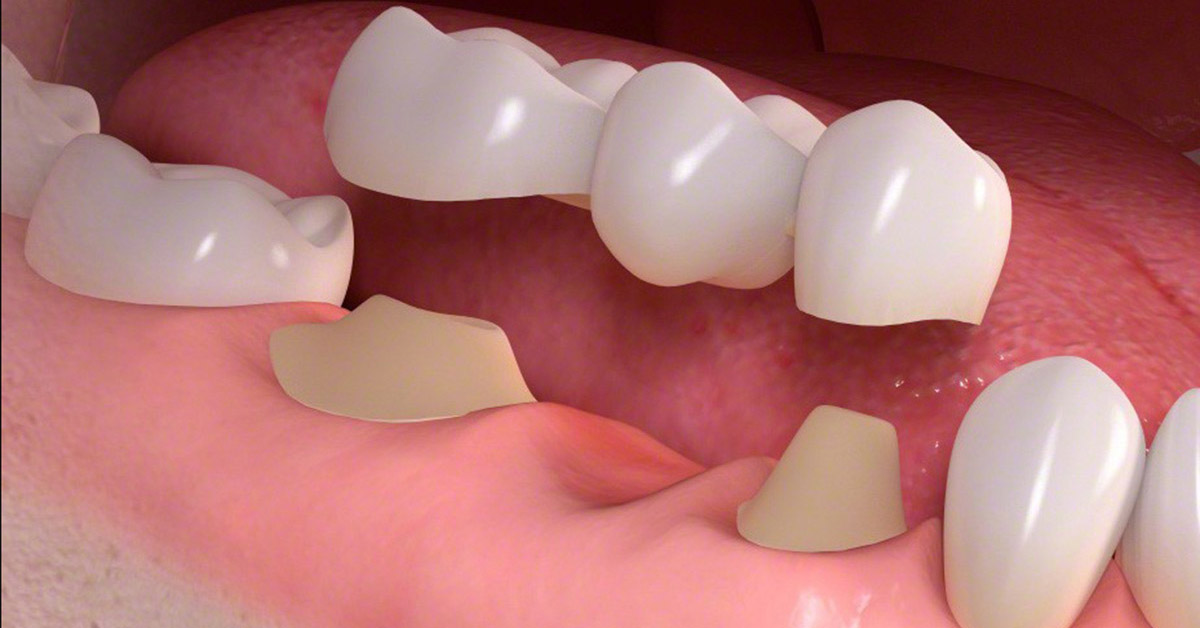
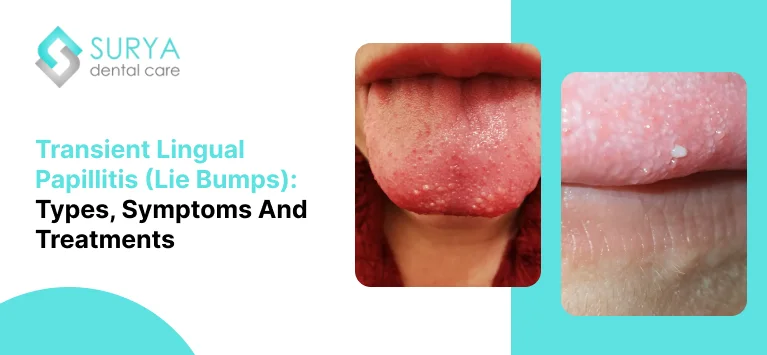


Leave a Comment